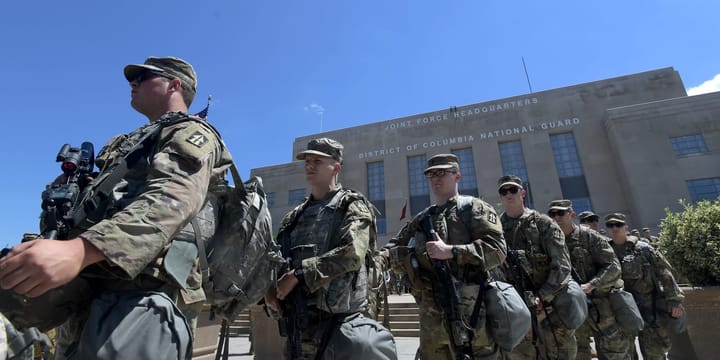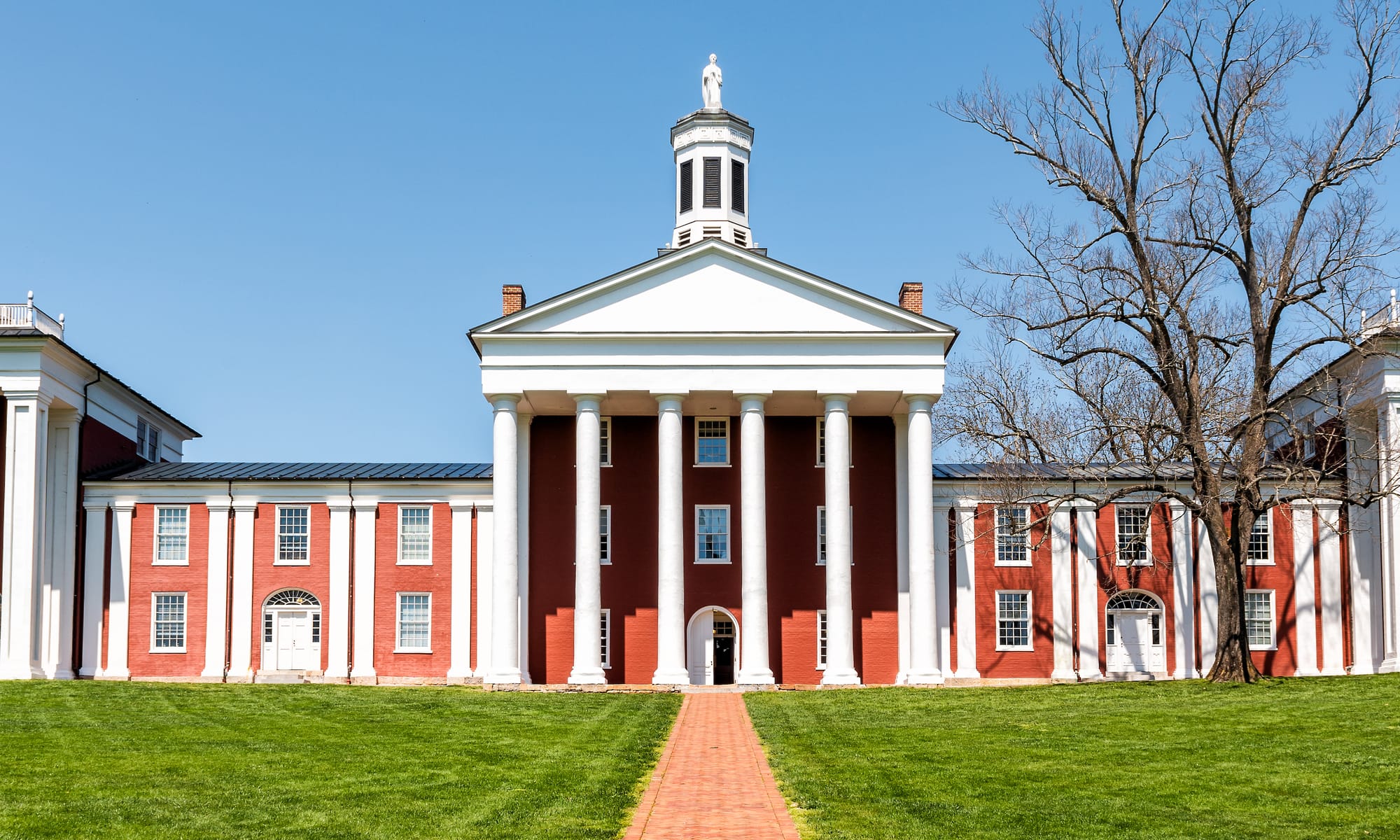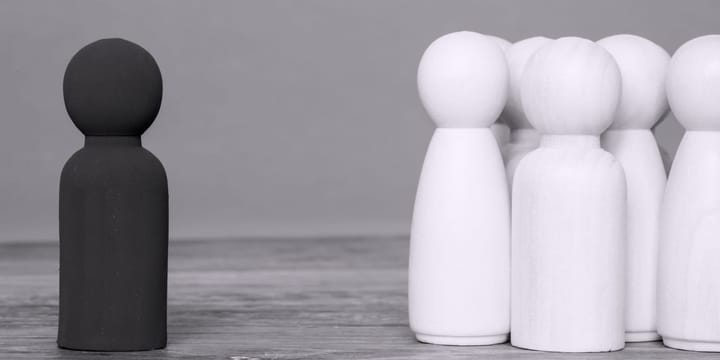Trump's federal takeover of DC echoes decades of racially charged rhetoric
Trump’s rhetoric on DC echoes a history of racist narratives about urban crime.

An article by the AP argues President Donald Trump has taken unprecedented control of Washington DC's law enforcement and deployed National Guard troops to the nation's capital. Trump claims that extraordinary measures are necessary to address what he calls an urgent public safety crisis.
The move has sparked fierce debate about federal overreach and revived troubling historical patterns of how politicians have characterized urban America.
A "liberation day" that raises constitutional concerns
Trump framed his actions in dramatic terms, declaring "This is liberation day in D.C., and we're going to take our capital back" and promising "historic action to rescue our nation's capital from crime, bloodshed, bedlam, and squalor and worse."
District officials have questioned the underlying claims justifying his emergency declaration, with Mayor Muriel Bowser calling it a "so-called emergency" while acknowledging the federal takeover as "unsettling" but not unprecedented.
The deployment does raise significant questions about local governance and constitutional authority. According to the White House, National Guard troops will protect federal assets and create what they term "a safe environment for law enforcement to make arrests." However, the administration has provided little clarity on how they define a "safe environment." This has led to concerns among civil rights advocates about potential overreach. Is this "safe environment" mainly a white one?
A old political playbook
Trump's rhetoric and actions follow a well-established pattern that civil rights advocates say those in power have used for generations to justify aggressive federal intervention in cities with large non-white populations. Maya Wiley, CEO of the Leadership Conference on Civil and Human Rights, described this familiar "playbook." Politicians flat out lie to their benefit:
"[They] aint a picture that crime is out of control, even when it is not true, then blame the policies of Democratic lawmakers that are reform- and public safety-minded, and then claim that you have to step in and violate people's rights."
This strategy has deep historical roots. President Richard Nixon won the White House in 1968 campaigning on "law and order" to appeal to white voters, while Ronald Reagan built both his presidential victories around similar themes. The pattern has continued through decades, with politicians from Rudy Giuliani to Bill Clinton citing crime concerns to justify taking power from local authorities.
A broader target list and alarmed communities
Trump's focus extends well beyond Washington. During his announcement, he specifically criticized several major American cities—Baltimore, Chicago, Los Angeles, Oakland, and New York—all currently led by Black mayors.
"You look at Chicago, how bad it is. You look at Los Angeles, how bad it is, we're not going to let it happen."
This targeting of minority-majority cities has prompted defensive responses from local leaders. Democratic Maryland Governor Wes Moore pointed to Baltimore's 30-year-low crime rate as evidence. He added that Trump should "consult local leaders rather than antagonize them." And we can all remember The Wire.Oakland Mayor Barbara Lee dismissed Trump's characterization as "fearmongering."For longtime Washington residents and activists, Trump's deployment feels both familiar and ominous. April Goggans, a grassroots organizer who has worked in the district for nearly a decade, said communities have been preparing for potential federal crackdowns since Trump's 2020 deployment of troops during racial justice protests following George Floyd's murder. She added:
"Regardless of where you fall on the political scale, understand that this could be you, your children, your grandmother, your co-worker who are brutalized or have certain rights violated."
Goggans further emphasized that the implications extend far beyond political affiliation.Monica Hopkins from the ACLU's DC chapter noted that Trump had "foreshadowed that if these heavy-handed tactics take root here, they will be rolled out to other majority-Black and Brown cities." She also pointed to previous federal interventions, including "military helicopters swooping over peaceful racial justice protesters in 2020," as examples of how federal control can lead to abuse and civil rights violations.
A pattern of federal intervention
The current situation builds on earlier confrontations between Trump's administration and local authorities. Over the summer, Trump deployed National Guard troops to Los Angeles for immigration enforcement operations, despite strong opposition from California Governor Gavin Newsom and LA Mayor Karen Bass.
NAACP President Derrick Johnson has been particularly vocal in his opposition, calling Trump's DC action a "federal coup" and questioning the justification. "There's no emergency in D.C., so why would he deploy the National Guard?" Johnson asked, suggesting the move serves as a distraction from other controversies while undermining local self-governance.
The unfolding situation in Washington represents more than a local governance dispute—it's become a test case for how far federal authority can extend into local affairs and whether decades-old patterns of racially charged urban politics will define this administration's approach to American cities.
Non in cautus futuri.



